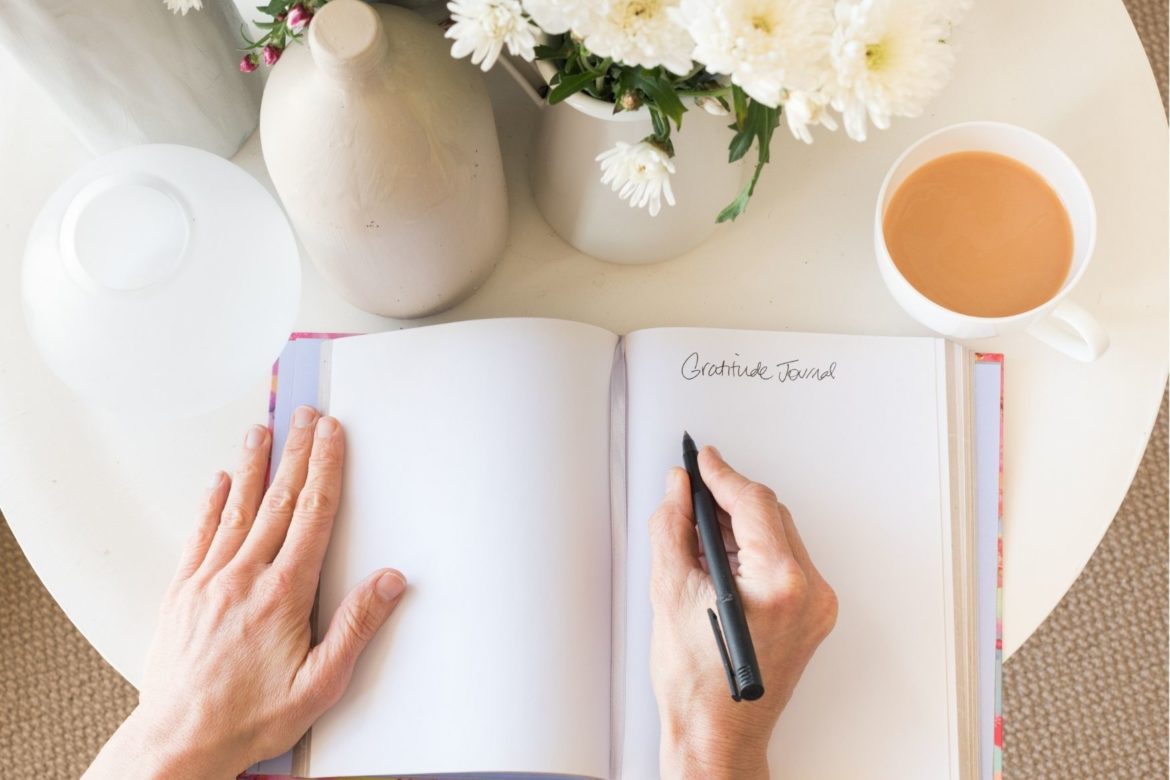If you are wondering how Mindfulness can be applied into your day-to-day life and would like to try it yourself, I recommend that you buy a book and take the time to practice. Choose a period of one or two months in which you can dedicate yourself to cultivating this skill and give yourself some time before giving up because the benefits are often not seen immediately.
Here few suggestions that might help you to start:
- Practice gratitude – Even in a stressful day, take one minute to be thankful for at least one thing you have in your life
- Eat with purpose – Choose your food wisely and eat without rushing, appreciate each bite
- Time outside – Spend time in nature, connect your senses – notice what you see, hear, smell
- Take some time for yourself
- Meditate
- Focus on your breathing
- Be in touch with your emotions, acknowledge them for what they are
- Concentrate on one task at the time
- Be creative, you don’t think need to be an artist! You can be creative cooking, drawing, painting, taking photos.. Whatever you enjoy doing
- Find a physical activity you are passionate about
- Practice acceptance – There will be always things that you can’t change, re-focus your attention on the things you do have control over
Learning to use these simple tools, or even some of them, often can help to become more aware of our feelings and might allow us to manage attention, emotions, and thoughts more efficiently. This, in turn, causes a reduction in stress and anxiety, an improvement in mood and the ability to change certain automatic ways of reacting. Of course, it is important to say that, depending on the level of stress and anxiety, sometimes mindfulness might not be enough on its own and additional support would be beneficial.
If you feel concerned about the level of anxiety you are experiencing, there are many forms of help available, you don’t have to deal with it on your own.
Don’t be afraid to ask for help and talk about it with a friend, a member of your family, your GP. There are also many forms of psychotherapy and counselling that will be able to support you to better understand the nature of what you are experiencing.
Do all you can to find what works best for you.
Does this resonate with you and would like to discuss further? Feel free to contact me @ mctherapylondon@gmail.com
For more articles, my perspective, and thoughts on a variety of subjects that you might find useful, please visit my website @ https://www.mariacau.com/blog/
You can also find me in IG: https://www.instagram.com/mc.therapy/
l

